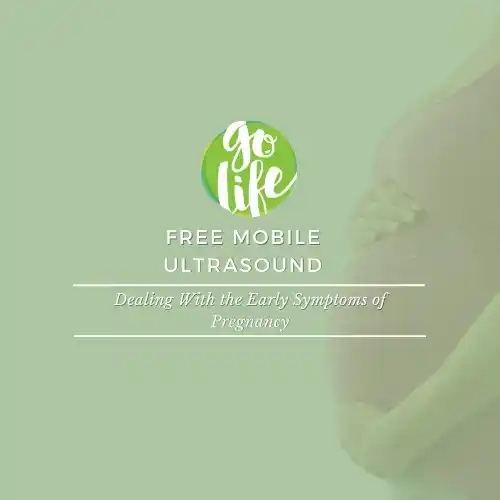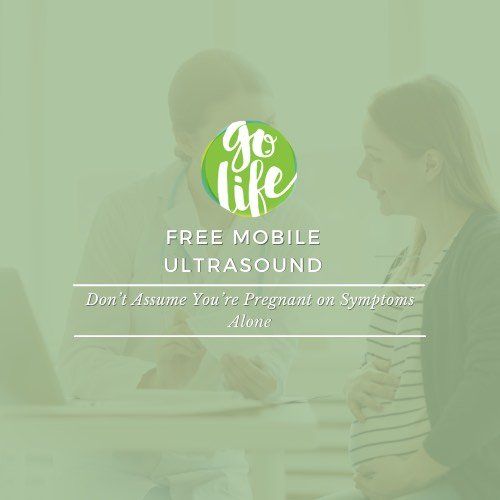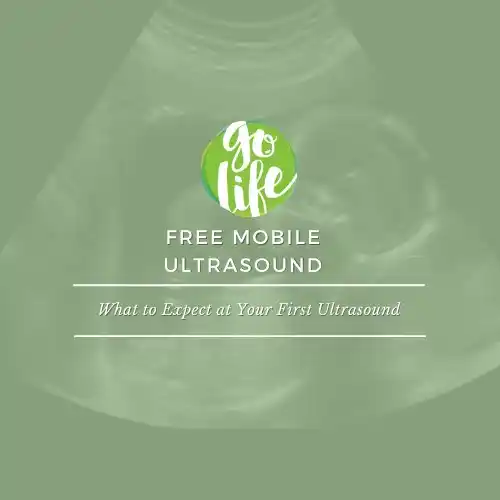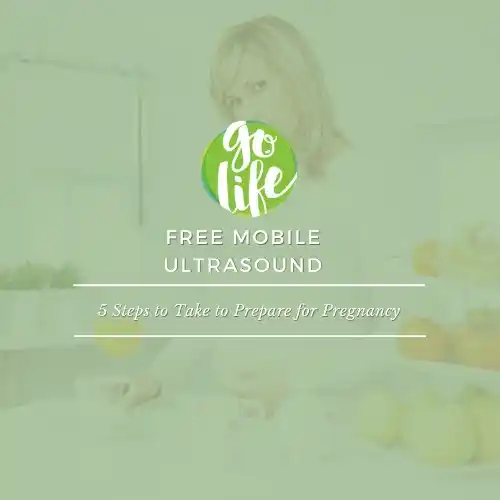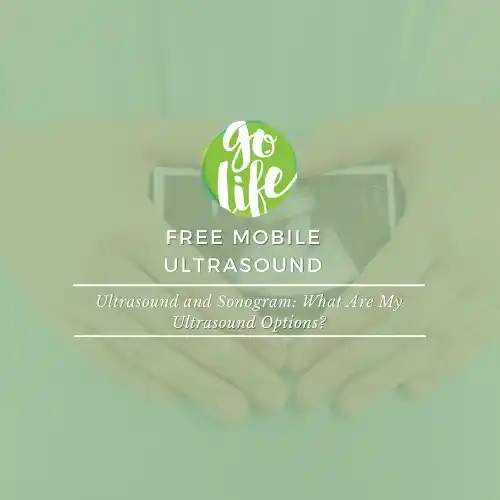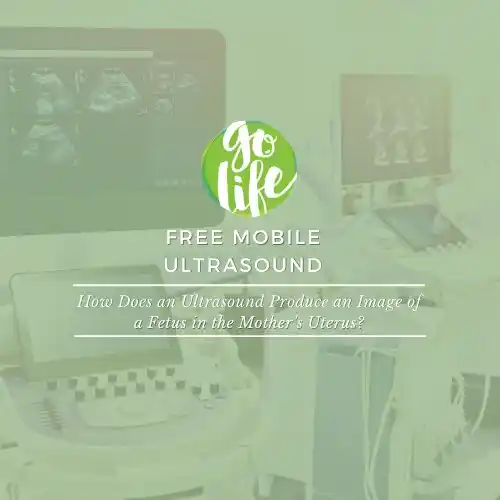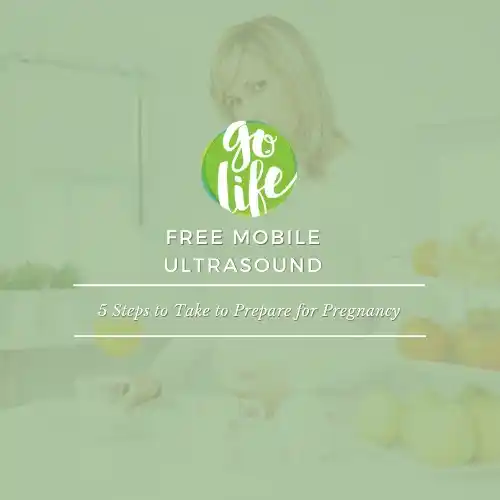How Pregnancy Changes Your Body
How does pregnancy change your body?
You’ll experience many physical and emotional changes in the first trimester. If you’re experiencing symptoms of pregnancy, you’ll want to make an appointment for an ultrasound with Golife.org and then with your doctor or vice versa.
When you consider how your body changes when its pregnant, you have to amazed at the transformation. You may not outwardly notice any pregnancy symptoms until you’re two or three weeks along, but your body immediately knows that you need to nourish the baby.
How does pregnancy change your body? You’ll experience many physical and emotional changes in the first trimester. If you’re experiencing symptoms of pregnancy, you’ll want to make an appointment for an ultrasound with Golife.org and then with your doctor or vice versa.
Physical Changes
Nausea and vomiting
Morning sickness can strike about one month after you become pregnant. It’s the rising hormones that can cause morning sickness. You may feel sick to your stomach and want to vomit, even if you don’t actually throw up. It can seem counterintuitive, but to relieve nausea, avoid having an empty stomach. Eat small amounts throughout the day. Drink plenty of water. If the vomiting is severe, make sure to contact your doctor.
Tender breasts
Again, the rising hormone levels change how your breasts feel. As your body adjusts, the tenderness will decrease.
Fatigue
Progesterone, one of the hormones of pregnancy, will make you tired. You may need to rest more than you did. You’ll need to eat healthy and exercise to boost your energy while you’re adjusting to being pregnant.
Frequent urination
The amount of fluid in your body is increasing, which causes your kidneys to work harder processing extra fluid. You’ll probably need to go to the bathroom more frequently. Still, you need to drink plenty of water.
Sensitivity to smell and taste
Some people become very sensitive to odors and tastes during pregnancy. Your sense of taste may change.
Heartburn
The valve between your stomach and esophagus relaxes during pregnancy, again due to hormonal changes. This allows stomach acid to leak into your esophagus, which causes heartburn. Eating smaller meals can help reduce heartburn. Your doctor may recommend an antacid but talk to your healthcare provider before taking medicine. You should also avoid citrus, spicy and fried foods.
Constipation
Progesterone also slows the movement of food through your digestive system. Once you start taking prenatal vitamins which include an iron supplement, the problem is compounded. Regular exercise can help constipation. You’ll also want to add fiber to your diet.
You may first realize you’re pregnant when you miss your period, but your body changes in many other ways:
Emotional Changes
You may experience mood swings as your hormones change. It’s perfectly normal in the first trimester to feel worried one minute and happy the next.
Pregnancy brings many changes, even if you’re prepared for the demands of having a child.
If the pregnancy is unexpected, it can be overwhelming.
Parenthood is not an easy change. Practice self-care during this time.
Find people who love and encourage you.
If the mood swings are intense, talk to your doctor.
Prenatal Care Is Important
The symptoms of pregnancy can also indicate other conditions.
The sooner you start to take care of your body, the better you’ll feel and the healthier your baby will be.
If You’re Pregnant, We Can Help
Schedule Appointment